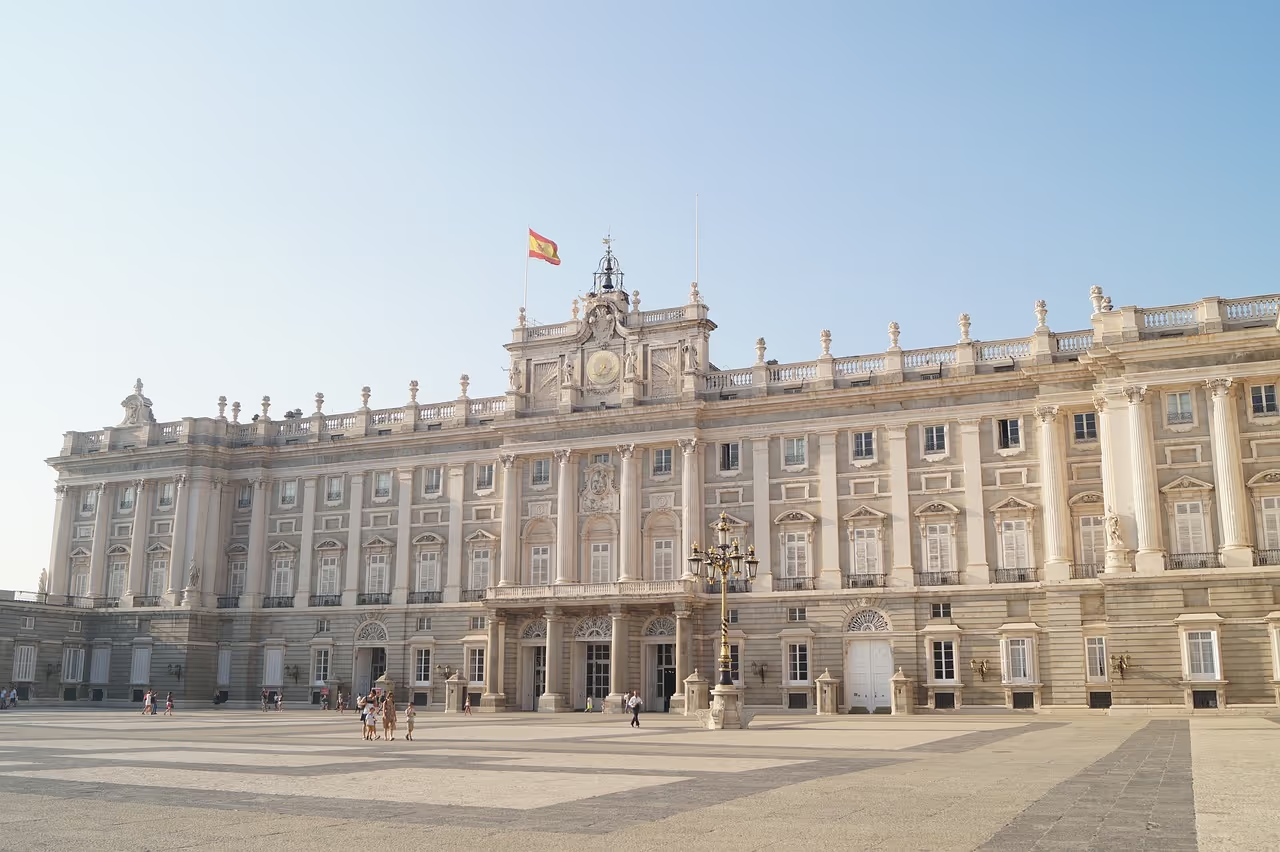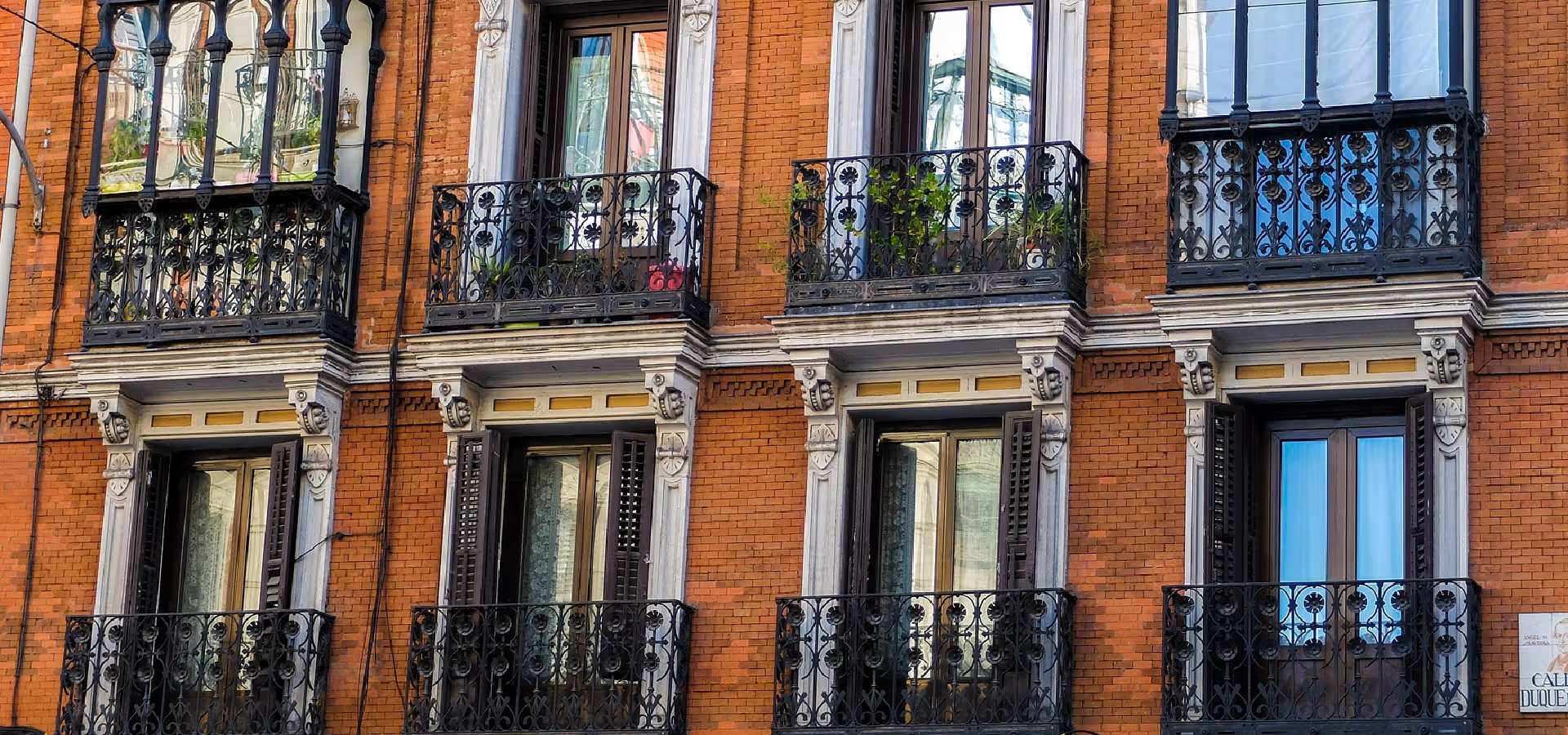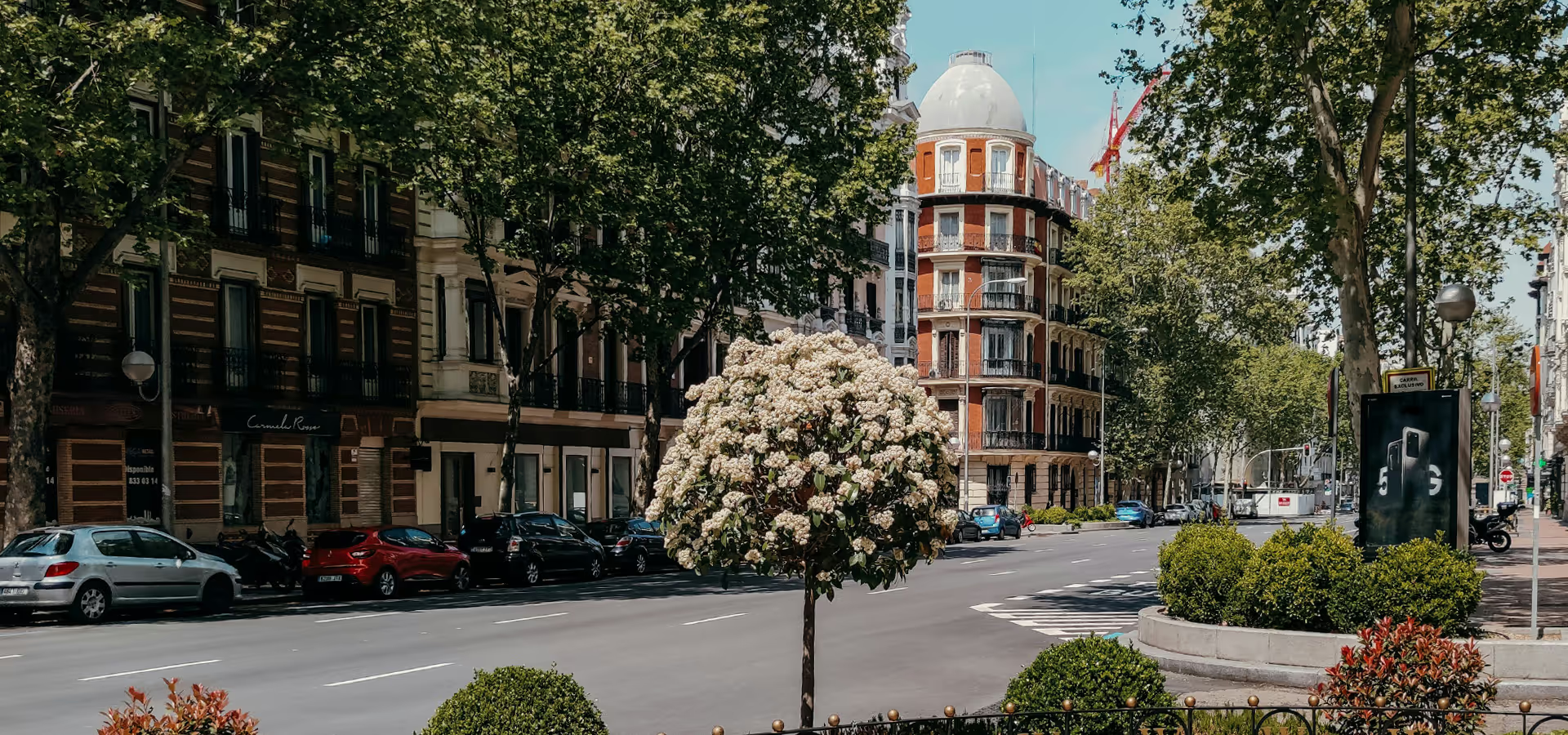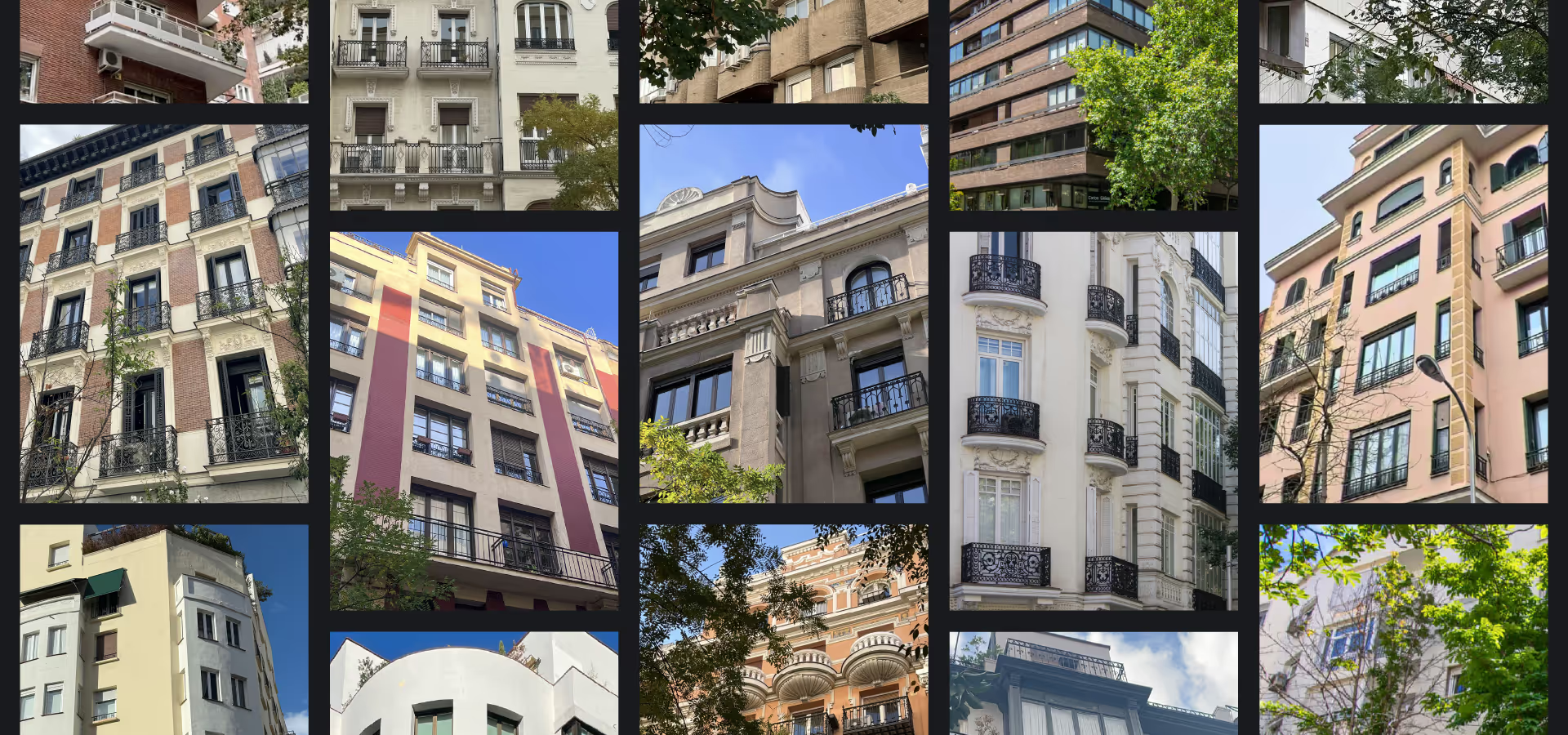The Madrid City Council has approved the Reside Plan, a measure that seeks to reorganize the supply of tourist housing. This plan prohibits tourist apartments scattered in neighboring communities in the city center, forcing them to be concentrated in blocks exclusively intended for this use. However, current licensed tourist apartments will be able to continue operating. The measure has generated controversy, with criticism suggesting that it could facilitate the conversion of buildings into “illegal hotels” and expel residents from historic neighborhoods.
At the same time, the Ministry of Consumer Affairs has ordered Airbnb to block more than 65,000 listings for tourist housing considered illegal. These homes do not have a license number nor do they indicate if the landlords are a natural or legal person. The Madrid High Court of Justice has backed this initiative, urging the platform to remove 5,800 ads immediately.
In the midst of the noise, it is important to stress that this reorganization of tourist rental in Madrid does not affect those who buy for other purposes. The new restrictions focus on limiting short-term tourist rentals without a license, not traditional rental, much less the purchase and sale of property or residential properties.
In fact, these regulations aim to protect the neighborhood fabric and improve urban coexistence, something that favors buyers who seek to invest in properties that are well located and sustainable over time. Housing in Madrid remains a stable value, and understanding the current regulatory framework is simply part of a well-informed investment.




















.avif)



.avif)


.avif)
